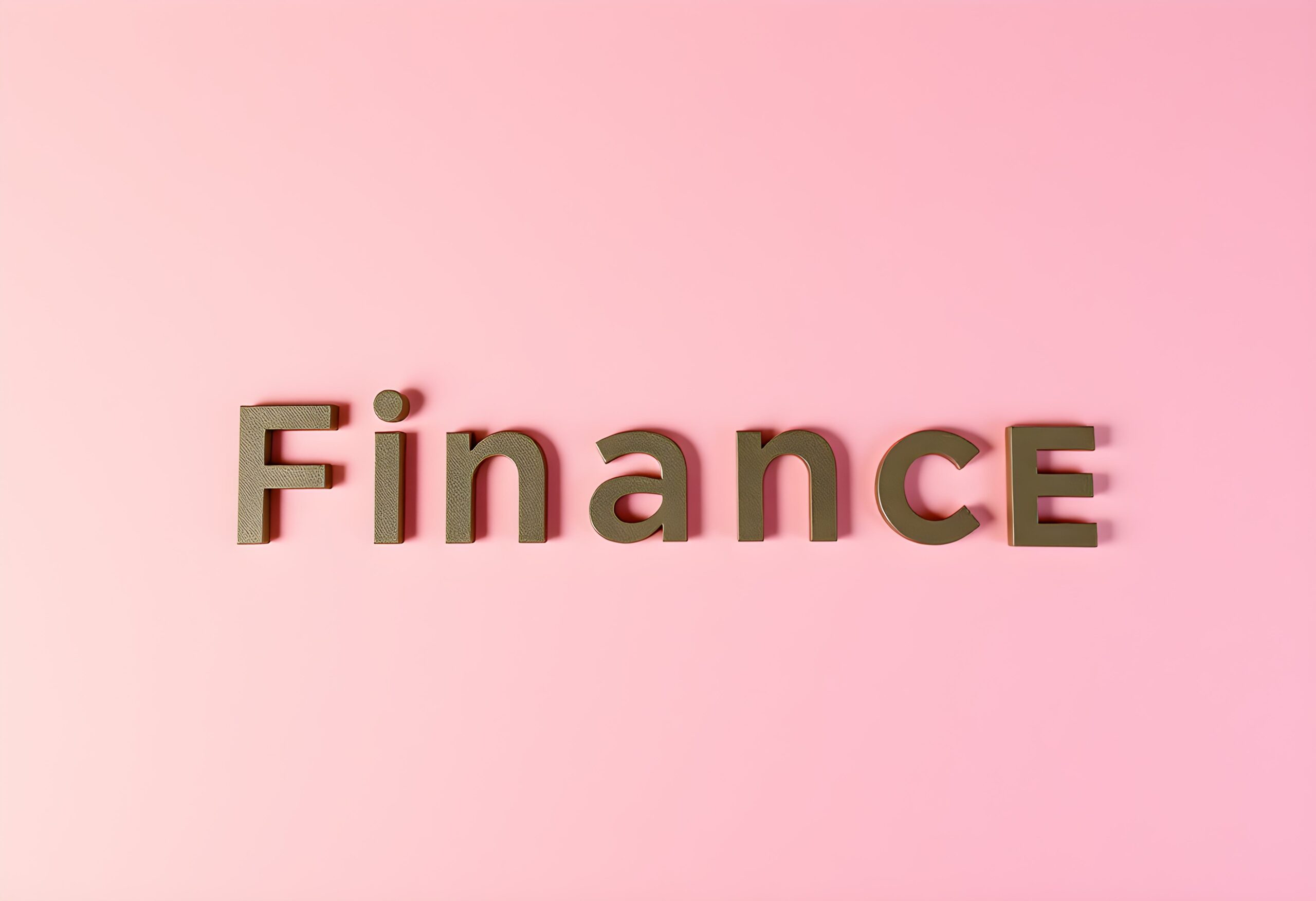
The Importance of Financial Literacy
In an age where financial decisions impact nearly every aspect of our lives, understanding how money works has become more essential than ever. Financial literacy—the ability to make informed decisions about managing money—is no longer just a luxury for the well-off; it is a necessity for everyone. From budgeting and saving to investing and managing debt, financial literacy empowers individuals to take control of their financial futures.
In 2024, the landscape of personal finance has evolved dramatically. Digital tools, advanced investment options, and increasingly complex financial products have made it easier than ever to manage finances. However, they have also created a new set of challenges for those who are unprepared. According to recent surveys, a significant percentage of people still struggle with basic financial concepts, such as budgeting, saving, and credit management. This gap in financial literacy can result in poor decision-making, leading to financial instability.
The goal of this article is to provide you with practical steps to improve your financial literacy, so you can make smarter, more informed decisions. Whether you are a beginner or someone looking to refine your existing knowledge, there are numerous strategies you can use to enhance your financial understanding.
What is Financial Literacy?
At its core, financial literacy means understanding how to manage and make decisions about money effectively. It goes beyond simply knowing how to save or spend. Financial literacy includes a wide range of skills and knowledge that influence day-to-day financial decisions, as well as long-term planning.
Key Aspects of Financial Literacy:
- Budgeting: The ability to track income, manage expenses, and plan for the future.
- Saving and Investing: Understanding how to build wealth over time and the role of compound interest in achieving financial goals.
- Debt Management: Knowing how to manage and pay off debts, especially high-interest debt like credit cards.
- Credit and Credit Scores: Understanding how credit works and how to maintain a good credit score.
- Insurance and Risk Management: Using insurance products to protect against unexpected financial events.
- Taxation: Understanding how taxes impact your income and how to plan for them.
Being financially literate means knowing how to integrate these aspects into your life to make well-informed, rational financial decisions.
Why Financial Literacy is Important in 2024
The importance of financial literacy has increased dramatically in 2024 due to several key factors:
1. Better Money Management:
Financial literacy enables individuals to create and stick to budgets, track spending, and make smarter decisions about how to allocate resources. People with a solid understanding of finance are better equipped to live within their means and avoid falling into debt traps. They also develop the discipline needed to save for major life events like buying a house or retiring comfortably.
2. Reduced Financial Stress:
Money management can be one of the most stressful aspects of life, but financial literacy helps alleviate this burden. By learning the ins and outs of debt management, credit, and investments, individuals can take control of their financial future. With a sound financial plan, the stress of unexpected financial challenges becomes less daunting.
3. Increased Investment Opportunities:
Investing is one of the most powerful tools for building wealth. However, many people fail to take advantage of investment opportunities because they don’t understand how the market works. Financial literacy opens the door to the world of stocks, bonds, mutual funds, real estate, and even newer investment vehicles like cryptocurrency. Armed with knowledge, individuals can make informed decisions about where and how to invest.
4. Avoiding Scams and Fraud:
In a world of rapidly advancing technology and increasingly sophisticated financial products, fraud and scams are prevalent. Financially literate individuals can better recognize the red flags of fraudulent schemes and protect themselves from potential losses. By understanding how legitimate financial systems work, they are less likely to fall prey to scams.
5. Long-Term Financial Security:
Ultimately, financial literacy provides the tools needed to achieve long-term financial security. Whether it’s through saving for retirement, building an emergency fund, or investing in real estate, financial knowledge helps individuals create a stable and prosperous future.
How to Improve Your Financial Literacy
Improving your financial literacy is a gradual process that requires time and consistent effort. Whether you are just beginning or have some existing knowledge, there are several steps you can take to enhance your understanding of personal finance.
1. Start with the Basics: Learn the Foundations of Personal Finance
Before diving into more complex topics like investing or retirement planning, it’s essential to understand the basics of personal finance. Start by learning about:
- Budgeting: How to track income and expenses.
- Saving: The importance of building an emergency fund and saving for long-term goals.
- Debt Management: Strategies for paying off high-interest debt and maintaining a good credit score.
Resources like personal finance blogs, podcasts, and YouTube channels offer a wealth of information on these fundamental topics. Websites like Khan Academy also offer free online courses on basic financial concepts, which can help you build a strong foundation.
2. Use Financial Tools and Apps to Stay Organized
Technology can significantly streamline personal finance management. There are numerous apps and digital tools designed to help individuals track their spending, manage budgets, and invest. Popular tools include:
- Mint: An app that tracks spending and budgets, helping you monitor where your money goes each month.
- YNAB (You Need A Budget): A budgeting tool that focuses on giving every dollar a purpose.
- Personal Capital: A tool for tracking net worth and investments.
By using these tools, you’ll gain real-time insights into your financial health and receive personalized tips for improving your money management.
3. Read Financial Books and Articles
Reading is one of the best ways to expand your financial knowledge. Many renowned authors have written comprehensive guides on personal finance. Some books to consider include:
- Rich Dad Poor Dad by Robert Kiyosaki
- The Millionaire Next Door by Thomas Stanley
- The Intelligent Investor by Benjamin Graham
In addition to books, reading articles on trusted financial websites can help you stay up to date on the latest trends and developments. Websites like NerdWallet, The Motley Fool, and Investopedia are excellent resources for accessible financial advice and industry updates.
4. Take Online Courses and Attend Financial Seminars
There are plenty of affordable or even free online courses designed to teach the fundamentals of finance. Platforms such as Coursera, edX, and Udemy offer courses on personal finance, investing, and retirement planning.
Attending financial seminars or workshops can also provide more personalized education. Many financial institutions or local community centers offer these events to help individuals improve their financial skills.
5. Follow Financial Experts on Social Media
In 2024, social media has become a valuable source of financial education. Many finance experts share helpful tips and strategies on platforms like Twitter, Instagram, and YouTube. Financial influencers, such as Dave Ramsey, Suze Orman, and Robert Kiyosaki, regularly post content that is both educational and inspiring.
By following reputable financial experts, you’ll gain new perspectives on managing money and get access to timely advice.
6. Join Financial Communities or Forums
Being part of a financial community can be an invaluable resource. Forums such as Reddit’s r/personalfinance provide a space for people to discuss their financial challenges, share success stories, and learn from one another. These communities often have individuals with varying levels of expertise, making it easier to find guidance no matter where you are on your financial journey.
7. Practice Financial Decision-Making
The best way to learn is through experience. Start applying your knowledge by making small financial decisions. For instance, create a monthly budget and stick to it, open a savings account and start contributing regularly, or check your credit score for the first time. The more you practice, the more confident and comfortable you’ll become in making financial decisions.
Overcoming Barriers to Financial Literacy
Despite the many resources available to improve financial literacy, several barriers may prevent individuals from getting started. These include lack of time, financial insecurity, and uncertainty about where to begin.
1. Time Management
Improving financial literacy does require a time investment, but it doesn’t have to be overwhelming. Start by dedicating just 15–30 minutes a day to reading, watching videos, or using financial apps. Consistency is key, and over time, small steps will lead to significant progress.
2. Overcoming Financial Insecurity
If you’re feeling financially insecure, improving your literacy can be a way to regain control. Start by focusing on the basics of budgeting and debt management. Building an emergency fund and reducing debt can create a foundation of financial security that will alleviate stress and allow you to learn more complex financial concepts.
3. Finding Trusted Resources
With so much information available online, it can be difficult to know which resources to trust. Stick to reputable financial websites, books by established authors, and courses from accredited platforms. Be wary of “get rich quick” schemes or advice that seems too good to be true.
Financial Literacy as a Lifelong Journey
Improving your financial literacy is an ongoing process. As the financial landscape continues to change, it is essential to stay updated on new tools, technologies, and strategies. However, the effort you put into improving your financial knowledge will pay off in the long run. By taking the steps outlined in this article, you can set yourself on the path to financial independence, security, and wealth.
In 2024, financial literacy is more accessible than ever. By committing to lifelong learning and applying your knowledge consistently, you can gain control over your finances and make decisions that will secure your financial future.
FAQ Section
1. How long does it take to improve financial literacy? Improving financial literacy is a gradual process. Depending on how much time you dedicate, it can take a few months to a few years to master different financial concepts.
2. Are financial literacy courses worth it? Yes! Structured courses can provide in-depth, reliable knowledge that helps build a solid foundation for personal finance management.
3. Can I improve my financial literacy without spending money? Definitely! There are many free resources available, including blogs, podcasts, and educational websites like Khan Academy and Investopedia, that can help you improve your financial literacy.
Visit our other website: https://synergypublish.com


